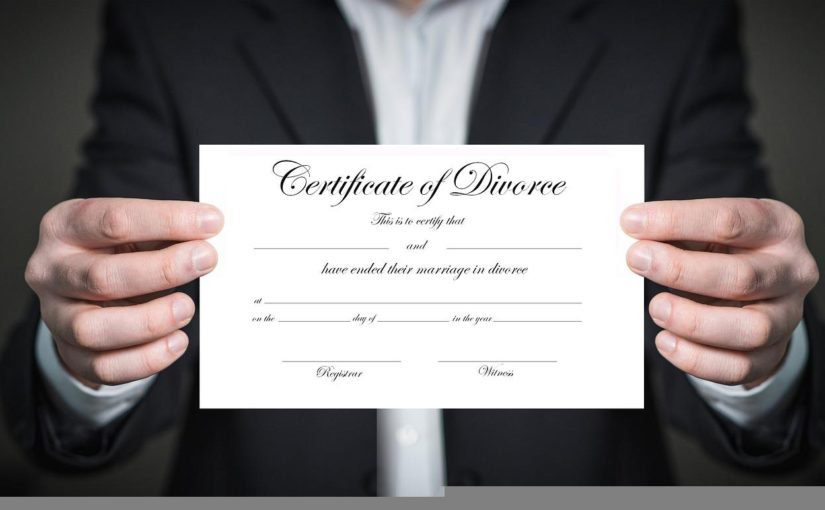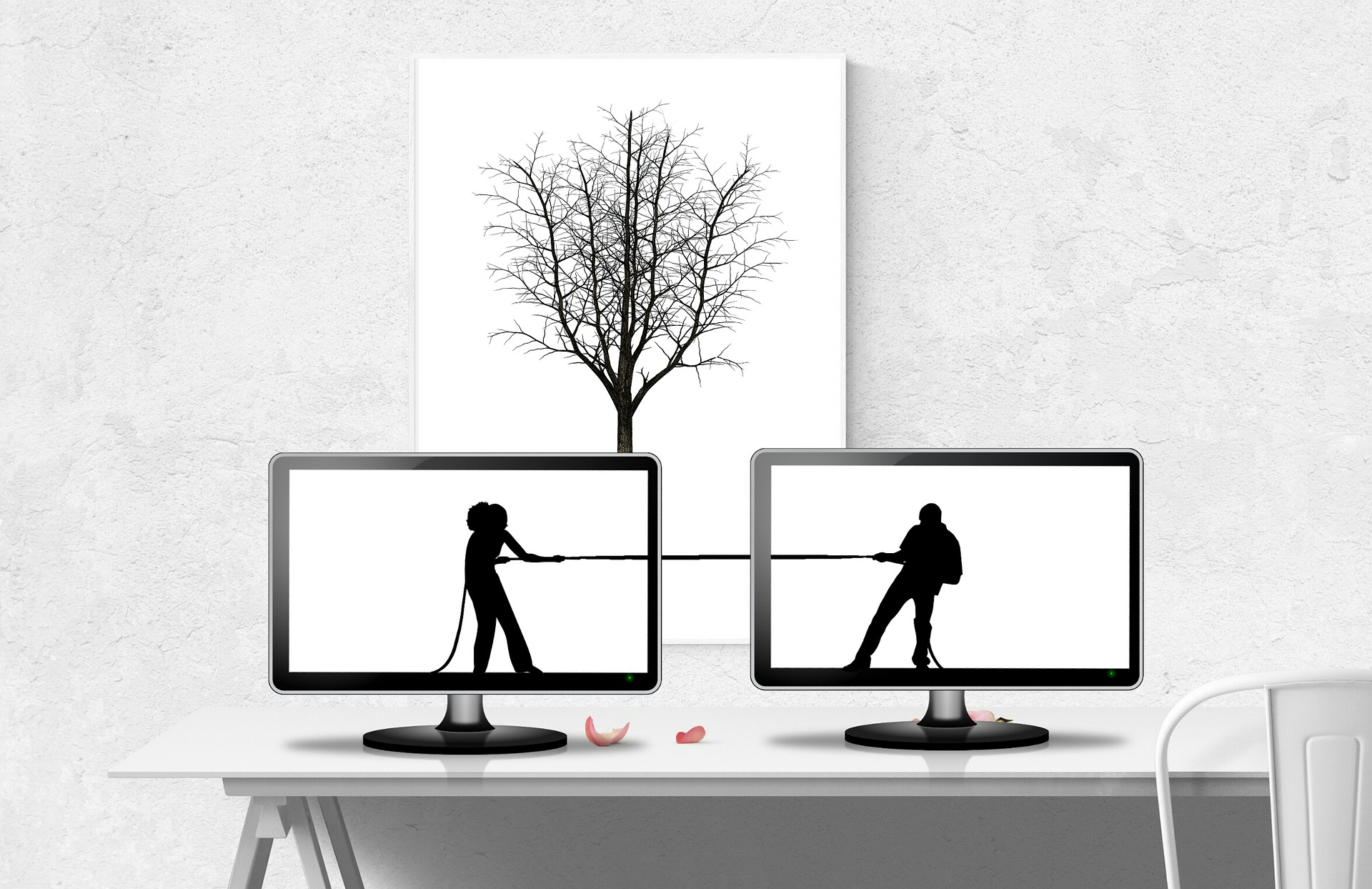Table of Contents
- Introduction
- What is Mediation
- Is Divorce Mediation for Me
- A Checklist: Is Divorce Mediation for Me
- Litigation vs Mediation
- Lawyer As Mediator
- How to Get What You Want in Divorce Mediation
- Conclusion
An Introduction to How To Get What You Want in Divorce Mediation
The divorce process is adversarial to begin with. Both sides at this point have gone through tremendous emotional and psychological trauma as a result. There are many reasons why a couple might want to dissolve their marriage. That is not the concern at the moment. But, if you are asking how to get what you want in divorce mediation, there is help.
What is Mediation
Mediation is a consultative process where a neutral party is put in place to be used as a buffer from the emotional and psychological impacts of divorce.
The mediator could be a health professional or a lawyer practicing mediation or a team of health professionals and mediation lawyers.
In the case of divorce mediation, both parties would already have a lawyer or would be in the process of attaining one.
Mediation doesn’t mean you do not need a lawyer, it just means that the process will be more civil and less costly.
There would be an agreement in principle created through the mediation process. Lengthy litigation is averted as it is more cooperative and when children are involved, less time fighting over custody.
It seems like a preferable option to litigation.
Is Divorce Mediation for Me
Mediation is not for everyone. Both sides need to understand that in the end, mediation means a series of give and take.
It is almost inconceivable that at the point of divorce a cooperative relationship could exist between a divorcing couple.
Couples may agree on divorce, but it is generally not the norm where both parties wish to end a marriage. Most of the time one or the other will instigate the process.
When this occurs, a power imbalance may be present. A professional, experienced mediator will be able to identify and neutralize any power imbalance to create an even playing field.
It is a cooperative relationship that is needed for successful mediation. Couples must enter the process understanding the civil nature of mediation.
If you are looking to derive some form of payback on your spouse, if civility is just not in the cards, then mediation may not work. The justice system is patiently waiting to mandate those unable to mediate an agreement that works.
A Checklist: Is Divorce Mediation for Me
Using the checklist below may help you decide if mediation is for you.
Understanding Divorce Mediation:
Do I understand what divorce mediation is and how it differs from traditional divorce litigation?
Am I open to negotiating with my spouse in a collaborative and non-adversarial manner?
Have I researched the benefits and potential drawbacks of divorce mediation?
Willingness to Communicate:
Am I willing to engage in open and honest communication with my spouse during mediation sessions?
Can I set aside emotional conflicts and approach mediation with a focus on problem-solving and compromise?
Do I believe my spouse is also willing to participate constructively in the mediation process?
Complexity of Issues:
Are the issues in my divorce relatively straightforward, such as division of assets and debts, child custody, and support?
Do I believe that my spouse and I can reach agreements on these issues with the help of a mediator?
Are there any particularly contentious or complex issues that may be difficult to resolve through mediation?
Desire for Control and Flexibility:
Do I value having control over the outcome of my divorce settlement?
Am I seeking a more flexible and personalized approach to resolving issues related to divorce?
Do I want to actively participate in crafting agreements that meet the unique needs and circumstances of my family?
Financial Considerations:
Am I comfortable with the potential cost savings associated with divorce mediation compared to litigation?
Do I understand the financial implications of reaching agreements on issues such as property division and spousal support?
Have I considered the potential long-term financial benefits of resolving disputes amicably through mediation?
Legal Guidance and Protection:
Am I willing to seek independent legal advice to review proposed agreements before finalizing them in mediation?
Do I understand that divorce mediators facilitate discussions but cannot provide legal advice to either party?
[ ] Am I confident in my ability to advocate for my interests and rights with the assistance of legal counsel if necessary?
Emotional Readiness:
Have I addressed my emotional well-being and prepared myself for the challenges of the divorce process?
Do I have a support system in place to help me cope with the emotional aspects of divorce mediation?
Am I committed to prioritizing the best interests of any children involved and minimizing the impact of divorce on them?
Exploring Alternatives:
Have I considered alternative dispute resolution methods, such as collaborative divorce or arbitration?
Do I believe that divorce mediation aligns with my goals and preferences for resolving conflicts with my spouse?
Am I open to exploring different options and making an informed decision about the most suitable approach for my situation?
Litigation vs Mediation
More and more couples are deciding to mediate. Litigation is more expensive and depending on the terms, may take a very long time. Some courts may even mandate mediation.
The more time it takes to litigate an arrangement the more costly the process will become. Litigation is public. Aspects of any privacy will be introduced to the world and could be embarrassing. The divorcing couple generally does not have a say in any arrangement a court may decide upon. There is no negotiation.
You may have some say. It may be in the form of your demands. Depending on how high these may be or your expectations of the court to decide in your favor. These demands may be pie in the sky.
Mediation on the other hand is almost the complete opposite. Remembering that mediation is a process of civility, both sides have an opportunity to communicate their wishes, the proceedings are confidential and less costly. Lawyers still need to be involved but the cost of litigation is minimized.
A mediator, with the cooperation of the couple, is able to finalize an agreement to be presented to the court.
Lawyer As Mediator

You may be asking why you would use a lawyer as a mediator as opposed to the health professional you’ve been seeing or thinking about seeing?
The health professional is experienced in taking you through the emotional and psychological trauma of divorce. Especially if you are not the one who has instigated the request.
However, the health professional is not aware of the laws surrounding divorce proceedings. In the end, you would have to secure the services of a lawyer to finalize the divorce. That said, a team approach including health professionals and legal advisors is best.
But what of the lawyer as mediator? Professional and experienced in divorce law, mediation with a lawyer has advantages over other professionals.
First, lawyers know the legal parameters within which the justice system will work. Second, they know the language and methodology of mediation. What are lawyers if not mediators. They confer on a daily basis with clients to advise.
In her article The Attorney as Divorce Mediator, Adriane C. Berg writes, “It appears to me, that no other better skills can be brought to bear on the divorce mediation than those learned by the attorney. The combination of logical thinking, negotiation technique, long-range foresight, result orientation, and language skills that attorneys possess, cannot be beat.”
That’s fine you may say, but isn’t the lawyer a hard and callous professional looking only at the bottom line? There may be some like that, but know there are others who are not.
When selecting a lawyer as a mediator, make sure they are also able to empathize with your emotional concerns. Berg adds, “Moreover, constant experience with the human condition and its emotional ramifications at a time of crisis, with decision making, and with deal making is unique to the legal field.”
According to Berg, “Lawyers are essential to the process.”
How to Get What You Want in Divorce Mediation

Berg’s article pays very close attention to the responsibilities of the lawyer as mediator.
For our purposes, we can use these responsibilities to understand how a lawyer as mediator will work for us. She outlines these responsibilities in five steps;
Step 1
The first step of course is to find a lawyer that will mediate. Know that mediation is a humane process but also know that it is a legal process. This may be the first time you have encountered the legal system.
Know that mediation may fail. The lawyer knows this and may ask you to sign a waiver. As disclosure is a very important part of mediation, you should know this and be prepared to either sign the waiver or not.
Not signing may put an end to the process. However, having selected mediation over litigation means you already have a positive view that it will work for you and your future ex-spouse.
Step 2
During the second phase of the process, clients would sign a contract to retain the lawyer as mediator. As this is a contract for mediation, the lawyer would not represent you when presenting the mediated agreement.
In the contract would be the responsibilities of the mediator and the clients. Confidentiality and disclosure would be included and explained. Clients would have to retain their own lawyer to present that agreement to the court. At this point you may be thinking, that’s a lot of lawyers.
Remember, mediation is an option in lieu of costly litigation. Mediation generally saves time, therefore saving money.
Step 3
Mediation begins. Generally a session would last an hour to an hour and a half. On average there would be ten sessions.
Step 4
When mediation is successful, a contract is written. All aspects of the contract are gone over with the clients. Each client gets a copy to be read privately. A follow-up meeting is scheduled for any further questions.
Step 5
The final step is signing the contract.
A Conclusion on How to Get What you Want in Divorce Mediation
The information provided is not meant to represent legal advice. Please contact an attorney for professional legal advice on mediation.
However, what I have presented is an introduction to mediation taken from the chronicles of lawyers on mediation and its benefits over litigation.
How to get what you want in divorce mediation first means understanding what divorce mediation is. It is not adversarial. It is a cooperative, civil and humane process that can save you money and in the end gives you a voice in the process.
Leave a Comment Below
How do you feel about what you’ve read? Leave a comment below if you would like to tell us about your co-parenting experience! Or if you would like to send a note, use our contact form! Thanks for reading, and come back again!

